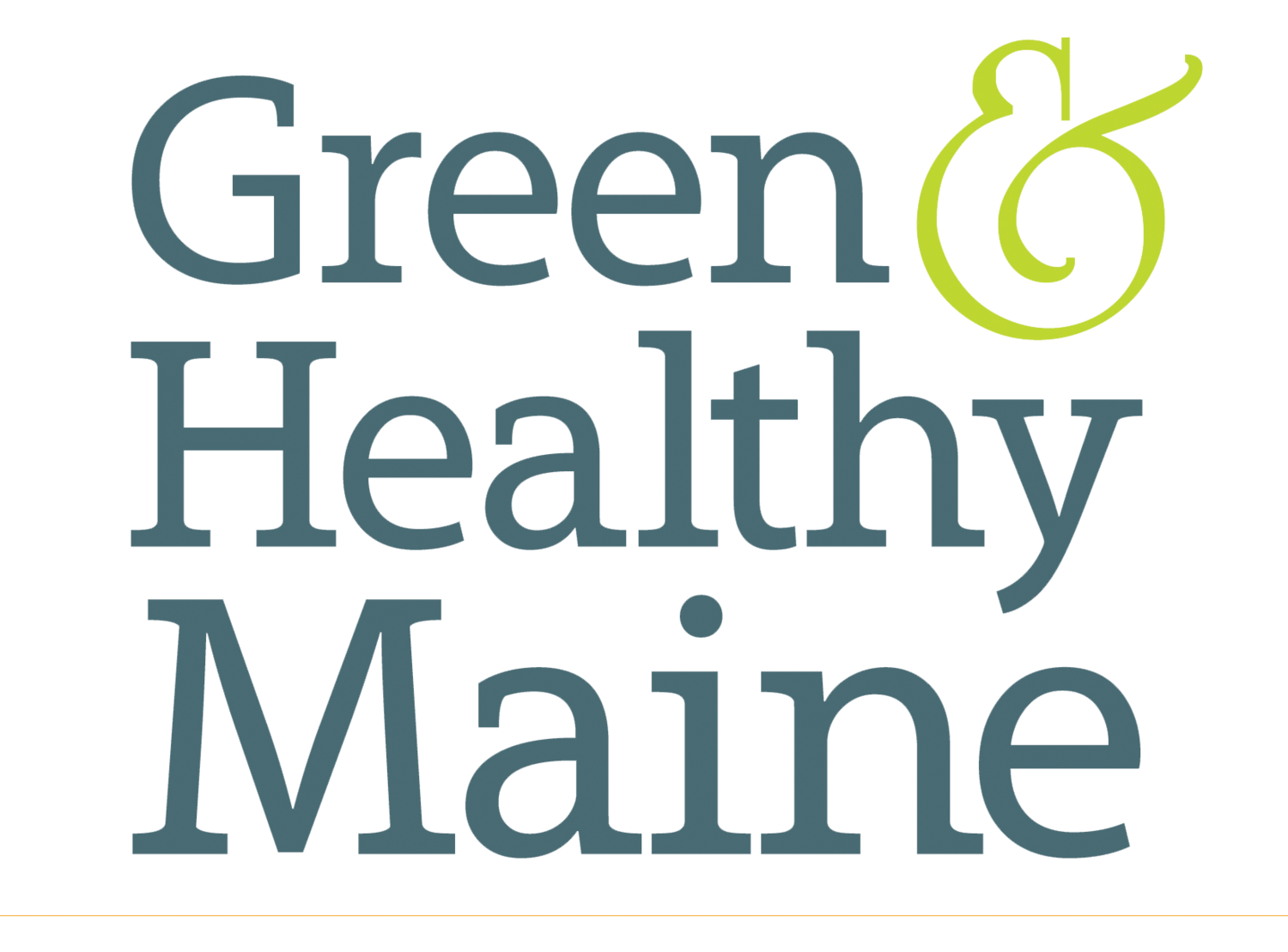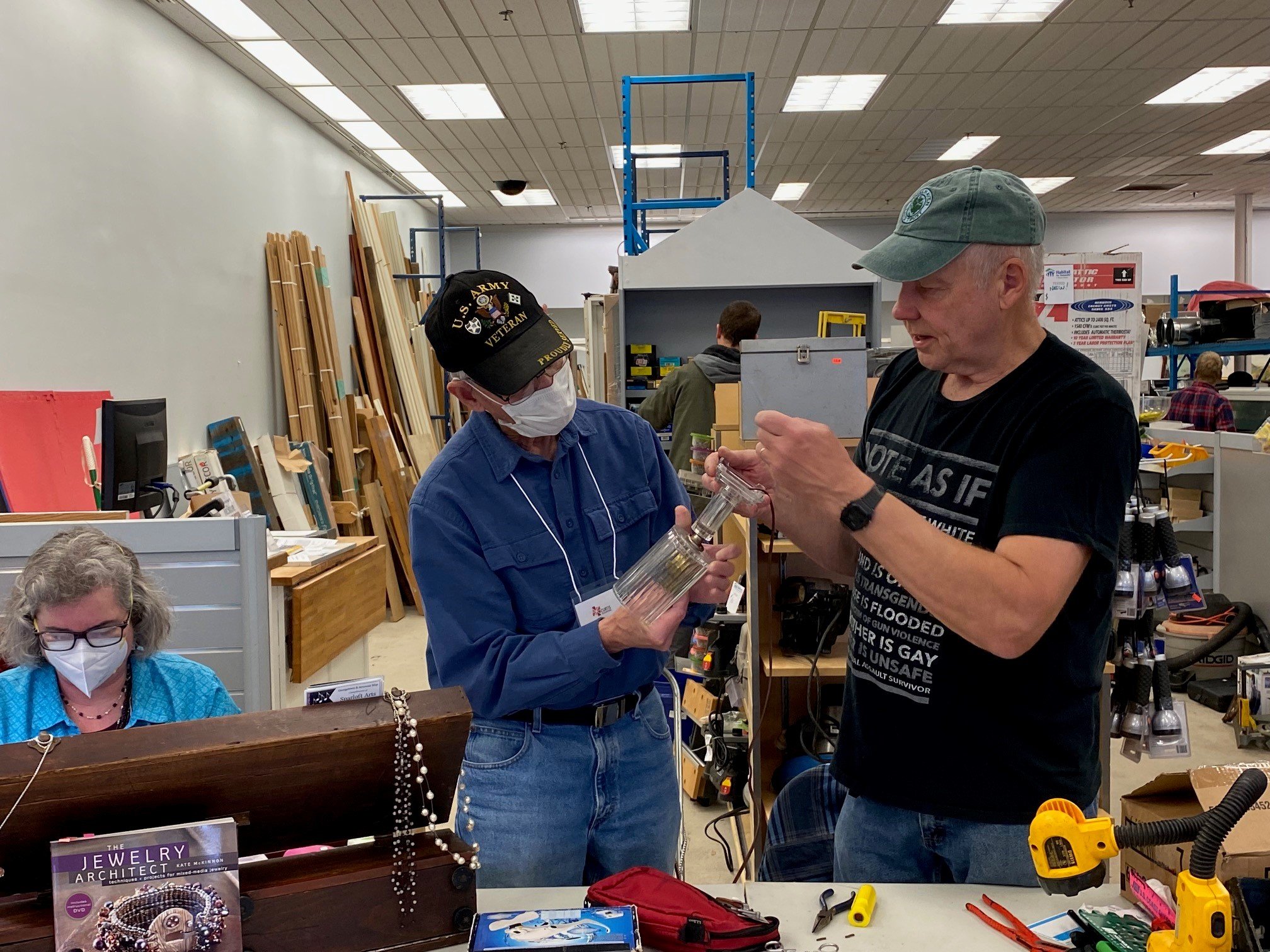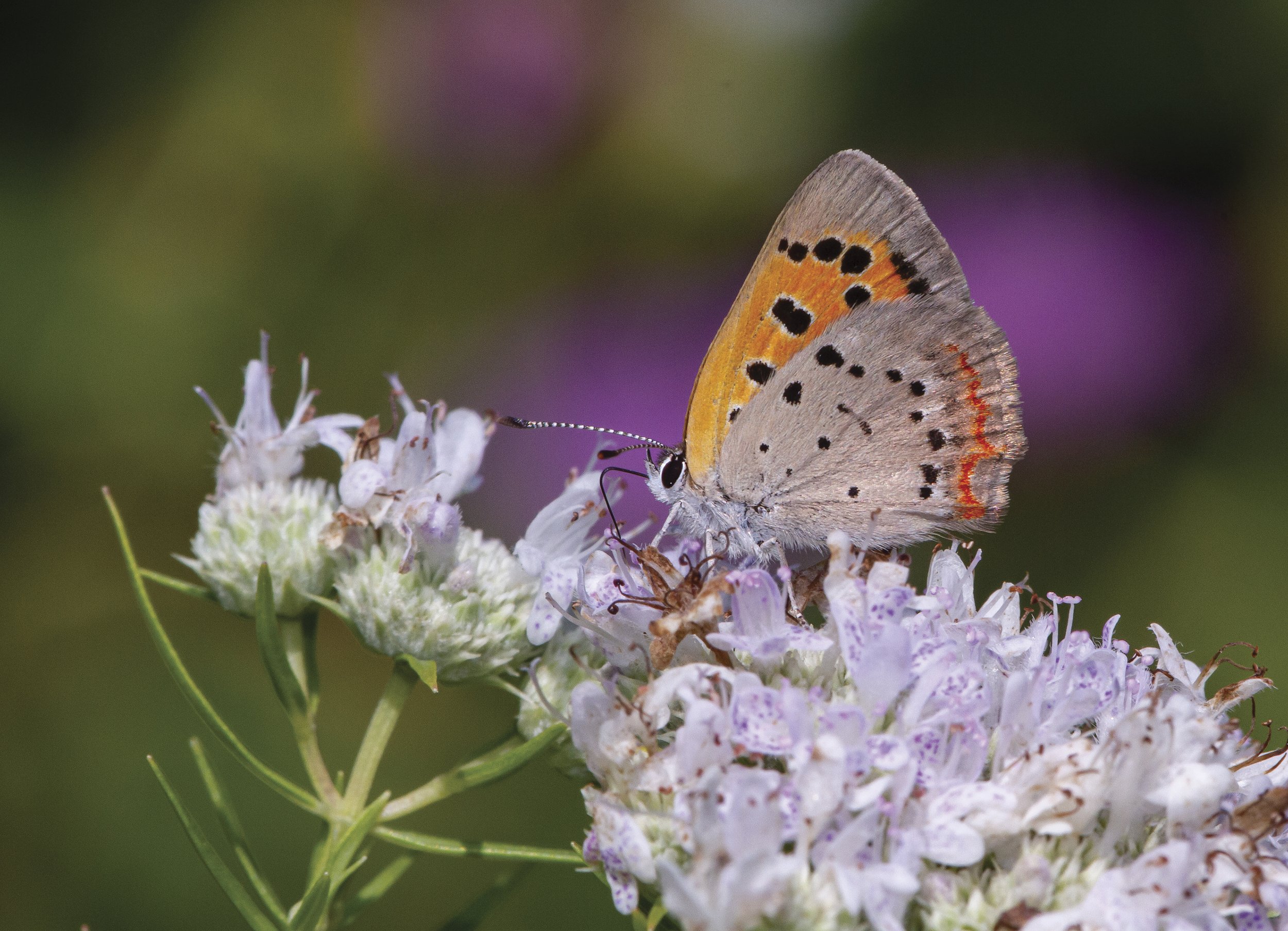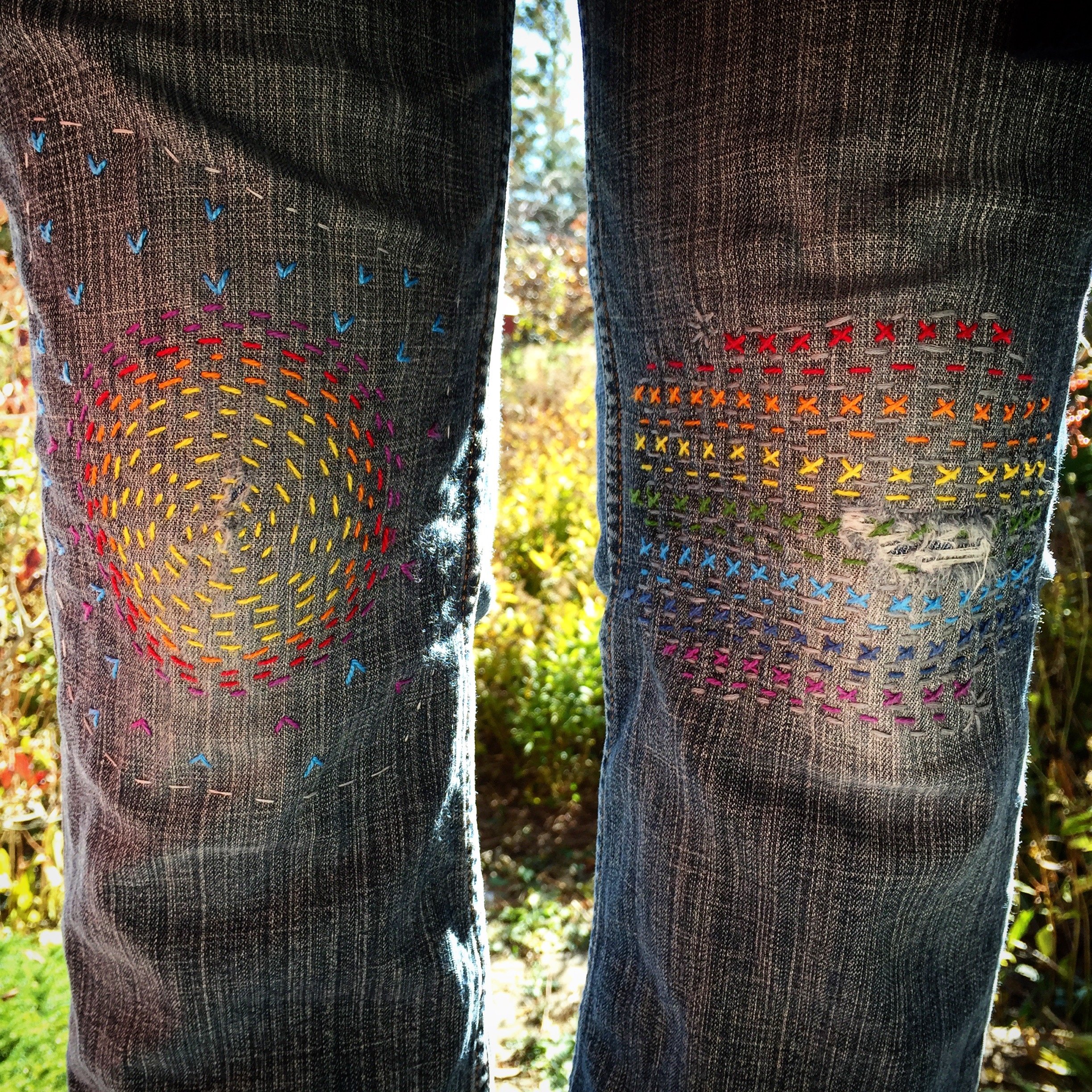Green Resolutions
Make your sustainability goals more concrete with these New Year’s resolutions.
Sustainability is a journey, and it can be helpful to have concrete goals. Here are some of our favorite resolution ideas for leading greener and healthier lives in the new year. Don’t forget to give yourself a pat on the back for all that you’ve accomplished so far!
High school students have been the driving force behind SolaRISE Portland. Read more in Maine’s young eco-activists in this article from the archives. PHOTO COURTESY OF GREGG FERGUSON.
Advocate and volunteer
There are many ways to get involved in making positive change happen for the environment, no matter your time commitment. You can volunteer with your local land trust, attend a climate rally or advocate for conservation legislation. Join an environmentalist group like the Sierra Club, Natural Resources Council of Maine, the Bicycle Coalition of Maine or Maine Conservation Voters, or start your own grassroots organization. Your voice is powerful: make sure you use it!
Read more:
GoGo Refill is a plastic-free shop in South Portland that makes it easy and fun to reduce waste by switching from disposable products to refills and reusables. Read more in Going plastic-free while shopping local. PHOTO: ELLE DARCY
Phase out plastic
Use up what you have, then switch to plastic-free products. Be sure to make a stop at a refill shop to stock up on products such as hair care, soaps, lotions and household cleaners—just bring your own containers! There are also a bounty of Maine makers creating plastic-free alternatives including LooHoo wool dryer balls, Anne Riggs Designs reusable bowl covers and Dental Lace compostable floss, among others.
Read more: Going plastic-free while shopping local
Vickie’s Veggie Table’s Maple Chipotle Avocado BLT sandwich. Read more in Maine’s newest vegetarian restaurants. COURTESY PHOTO
Eat more plants
Farming meat produces more carbon emissions than plants and contributes to nutrient pollution in the ocean. Even a meat-free day once a week helps the environment, or you can go fully plant-based! Crack open a vegan cookbook or visit one of Maine’s vegan and vegetarian friendly restaurants to get a taste. You’ll be delighted with how easy it is to enjoy healthy, plant-based eats in Maine.
Read more:
Secondhand clothing and shoes for sale at Find Clothing Exchange in Portland, Maine. Read more in Give your clothes new life. PHOTO: RAINE RAYNOR
Shop local and secondhand
Where you choose to shop makes an impact. You can use your money to support local economies and sustainable business practices. Certifications like B-Corp and 1% for the Planet can help you identify businesses which align with your values. Freecycling and buying items like clothes and furniture secondhand is also a great way to enjoy new-to-you goods without contributing to waste, and often at a lower price point. Look for a Buy Nothing group for your town. It’s a win-win! When you’re done with your items, be sure to check if they can be donated or resold so someone else can enjoy them.
Read more:
Photo: Monarch gathering nectar on Liatrus spicata, Dense Blazing star. Read more in Permaculture: A toolbox worth opening. PHOTO: SEANA CULLINAN.
Garden for biodiversity
Your garden is a fantastic opportunity to support natural ecosystems and local wildlife. Spend time observing the conditions of your site and incorporate native plants that work well with your environment. Avoid the chemicals and utilize organic methods like cutting and covering to get rid of invasive species. Interested in growing food in your gardens? Read up on permaculture design for methods to create resilient and healthy ecosystems. Finally, reduce how often you mow your lawn, or consider replacing it altogether: monocultures can be detrimental to supporting biodiversity.
Read more:
Composting reduces greenhouse gases at landfills and puts nutrients back into the soil. Read more in Owning your carbon footprint when you rent. PHOTO: GARBAGE TO GARDEN
Cut down on food waste
Did you know 40% of all food is wasted in the U.S.? It takes a lot of energy, water and resources to grow food—and when wasted food rots, it emits the greenhouse gas methane. Luckily, with mindfulness, it’s easy to reduce your household’s food waste. Buy only what you can eat and store your food properly to prevent spoilage. Compost your scraps, either in a backyard pile, through a curbside composting service or at one of ecomaine’s many free drop-off locations across Southern Maine.
Read more: Easy ways to reduce food waste
The solar-powered Brunswick, Maine home and electric vehicles of Bob Howe and Kathy Coleman. Read more on our homes website, greenmainehomes.com. PHOTO: CAROL LISCOVITZ PHOTOGRAPHY.
Adopt green home and transportation solutions
Maine’s homes account for nearly 20% of the state’s greenhouse gas emissions. Energy efficiency improvements such as weatherization reduce your house’s emissions and heating bills, while making it more comfortable for you and your family! You can also switch your home to renewable energy like solar, convert your fossil fuel-powered heat and hot water appliances to electric heat pumps and opt for low-carbon building materials where possible. Swap out your gas-powered ride for an electric vehicle—or find ways to drive less through carpooling, walking, bicycling and riding public transportation.
Read more:
Watch: Home + Energy Chats: Paying For Energy Efficiency Upgrades
Skiing at Katahdin Woods & Waters National Monument. Read more in Winter adventures in Katahdin. PHOTO COURTESY OF CAREY KISH.
Get outdoors!
Spending more time outdoors can positively impact your health and reduce stress. Maine is nicknamed the “Pine Tree State” for a reason, boasting about 90% forest coverage with placid lakes, awe-inspiring mountains and a rocky coast dotted with islands. No matter your skill level, there are unforgettable adventures waiting to happen in our trails, parks and preserves. Get out there and enjoy!
Read more:




























Make your sustainability goals more concrete with these New Year’s resolutions